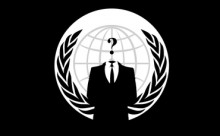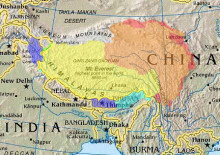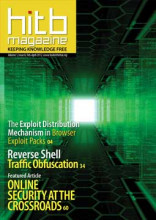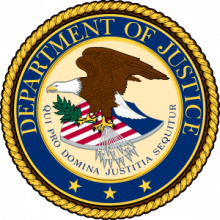3 million Iranian bank accounts hacked
After finding a security vulnerability in Iran’s banking system, Khosrow Zarefarid wrote a formal report and sent it to the CEOs of all the affected banks across the country. When the banks ignored his findings, he hacked 3 million bank accounts, belonging to at least 22 different banks, to prove his point.













































































